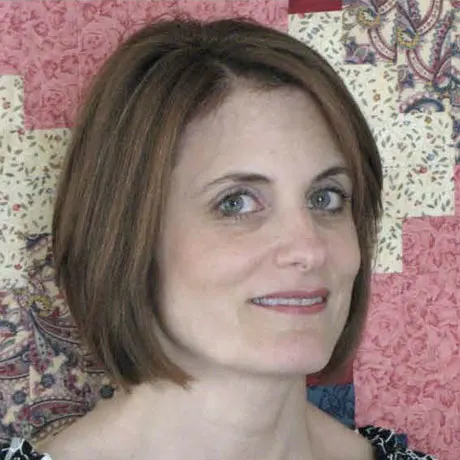First dyslexia, now ADHD: Facing my son’s second diagnosis
Sometimes just when you think you have everything figured out for your child, life throws you a curve ball. That’s what happened to me.
My son was diagnosed with dyslexia in third grade. It was a huge revelation for our family.
Before the diagnosis, school had been awful for him. He struggled with basic reading and writing, and his teachers had no clue about how to help or what to do. Each day, his frustrations boiled over. He’d come home in tears, lashing out at me.
His struggles in school didn’t just take a toll on him; they took a toll on me. I felt terrible for him. And I felt like maybe I had done something wrong as a parent.
I resolved to find some way to help him. I talked to anyone I could find who knew about reading issues. Slowly, I learned more and more about why my son was struggling and how I could help. Eventually, he was evaluated and diagnosed with dyslexia.
After the diagnosis, my son got an for his reading issues. He received supports and services like reading instruction. He started to do better in school and feel better about himself. Things were looking up.
Then, in sixth grade, the school asked to reevaluate our son. By law, he needed a reevaluation every three years to continue his school services.
When I told my son about the reevaluation, he was concerned. He thought the evaluator might tell him he didn’t have dyslexia anymore. The thought upset him because he was starting to feel positive about his dyslexia. He had come to believe he was smart and had something to offer, but just learned differently.
I reassured him that dyslexia doesn’t go away. We spoke about how he was who he was, and how he now understood how he learned. None of that would change, I told him.
What I didn’t realize was that the school wanted to do a “full” reevaluation. It wouldn’t just look at reading challenges, but at all my son’s learning needs.
During the reevaluation, the neuropsychologist assessed him for attention issues. In one test, there was an intricate shape my son had to recreate by drawing. Most kids who face this test start at one point on the outline of the shape, then work their way through it. But my son was all over the place. He couldn’t figure out where to start drawing and ultimately didn’t finish the shape.
After the reevaluation, I visited the neuropsychologist to get the results. I was told my son has dyslexia, which I knew. But I was also told he has ADHD.
I walked out of the office shaking. As I got in the car, tears started streaming down my face. I cried. All the way home, I cried.
After everything my son had been through, I fretted, now there was something else for him to face. It was another challenge for him, on top of everything else.
At first, I didn’t mention anything to him about ADHD.
I didn’t want to let my negativity color his view of himself. I didn’t want him to pick up on my anxiety. Instead, I did the same thing I had done when I first faced his reading issues: I started talking to people about attention issues.
As I learned more and stepped back from my initial shock, his ADHD diagnosis made more and more sense to me. For instance, when my son came home from school, he never knew where to start his homework. When faced with more than one choice, he had trouble deciding what to do first, or in what order to do it. These were signs of his attention issues.
Finally, I decided to tell him about the ADHD diagnosis. But to my surprise, he didn’t seem bothered by it. Because of his dyslexia, he already knew he learned differently. The diagnosis seemed to help him understand more about himself. Now it was just a matter of figuring out what could help him manage this new challenge.
As my son continued in middle school, we looked at a lot of treatment options for ADHD. We considered medication, and ultimately decided against it. But we did work on strategies to help him with organization and focus.
For instance, with homework, we sat down every day and talked through each assignment he needed to do and when each was due. It sounds simple, but it made a huge difference for him. Just as with his dyslexia, we found out what worked for his ADHD.
Today, my son is probably one of the most organized people you’ll meet. In fact, he’s way more organized than his friends who don’t have learning and thinking differences. Perhaps that’s because he has to be.
In hindsight, even though I cried that day, I’m grateful for finding out that he has ADHD. If we hadn’t known, we wouldn’t have been able to help. The knowledge has turned out to be a great blessing.
Find out what to do if you’re concerned that your child has ADHD or dyslexia. And listen to Season 1 of the Understood Explains podcast, which describes how school districts evaluate kids for special education services.


